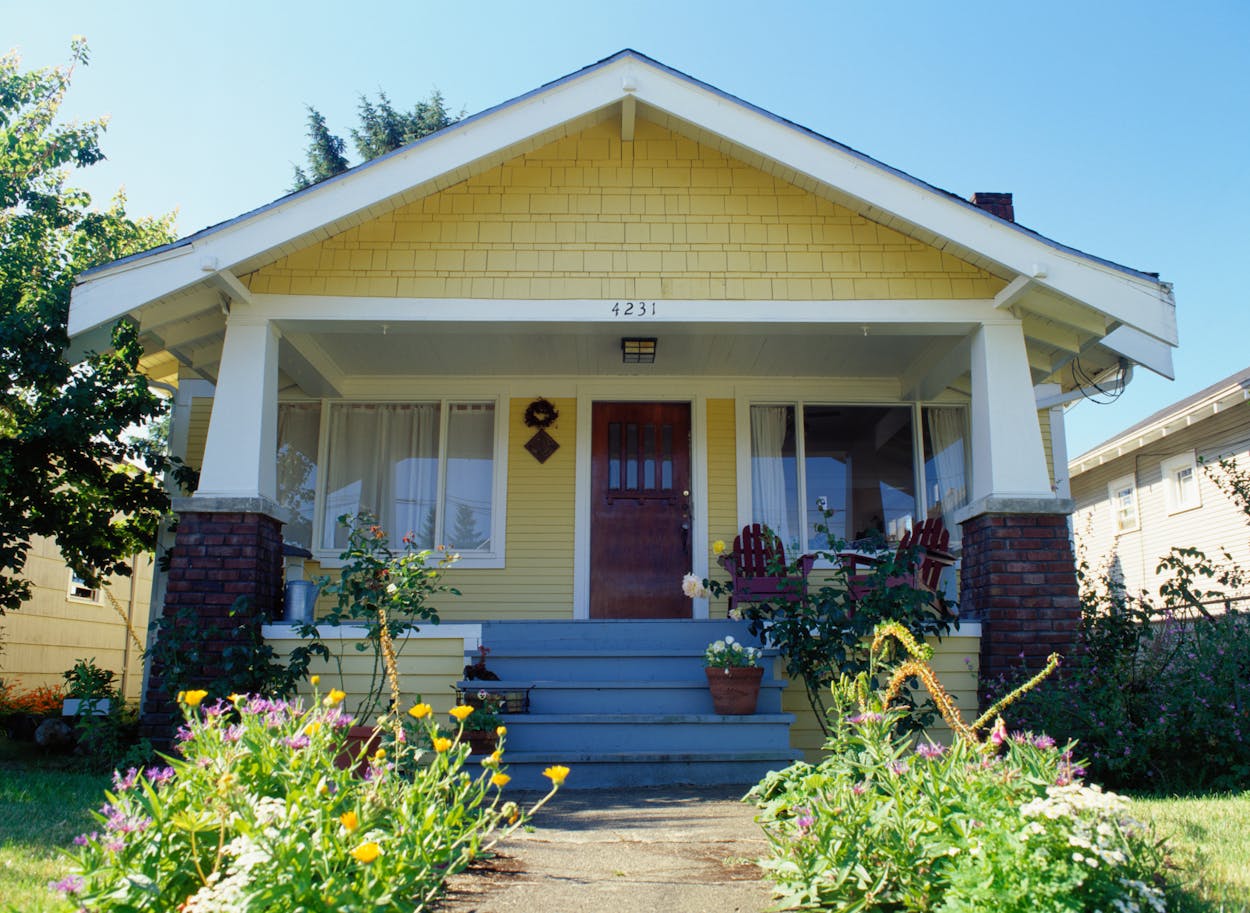Austin is involved with yet another battle concerning the sharing economy, this time aimed at hotel alternatives such as Airbnb and HomeAway. Last Monday, a conservative think tank filed a lawsuit against the city on behalf of seven homeowners that claims Austin is violating homeowners’ constitutional rights and the “tenants’ rights to the freedom of movement, privacy, and assembly.”
Currently, Austin requires short-term renters to pay a $285 application fee, fill out an application, pay a hotel tax, provide proof of insurance, and pass an inspection. This is fine. A valid critique of the sharing economy is that a handful of the companies believe that innovation, technology, and eschewing tradition are a pathway to minimal or no business regulations.
But earlier this year, the city cracked down even further on short-term rentals. There’s an occupancy limit to six unrelated adults; a prohibition of “outdoor assemblies” at night like concerts, parties, weddings; new enforcement actions on repeat offenders; and expanded authority to suspend and ban licenses. Additionally, the city is no longer accepting short-term rental applications with the goal that, by April 2022, Austinites who don’t live on a property full time won’t be able to use it as a short-term rental at all. As Dan Solomon pointed out back in March, people are generally ignoring the law and will probably continue doing so. But it’s unclear if Austin will let them continue getting away with it. During SXSW—which is Christmastime for short-term rental properties—Austin’s code department cracked down (a little) on violations.
All of this seems like a relatively abrupt about-face. Back in 2013, city literature described flexible vacation rentals that could offer an “authentic Austin experience for visitors” and “a source of income for the property owner.” But the pushback against short-term rentals isn’t necessarily a quick decision to deprive residents of extra cash. A big part of the national debate around short-term rentals is that they displace residents and drive up rent and mortgages. This is a legitimate concern, especially in Austin, but companies like Airbnb and HomeAway aren’t the root causes of gentrification. Rent control and caps on short-term rentals are the logical protection for residents against an increasingly costly renter’s market, the latter of which was a part of Austin’s original ordinance.
It’s odd that a city so heavily infiltrated by the tech industry is having such an awful time regulating app-based companies. Austin just finished another chapter in its well publicized battle with Uber and Lyft. The transportation networking companies weren’t fond of being regulated like taxi cabs, even though, essentially, they are. When you consider the fact that New York City and Houston both require fingerprinting—the main source of contention—and the companies will almost assuredly never leave the Big Apple or H-Town, it becomes clear that these Uber and Lyft were bullying Austin. It’s in everyone’s best interest that these companies are reasonable and safe, and that’s where the governmental bodies step in. It’s not reasonable nor is it safe to resist background checks when instances of rape and sexual assault by Uber drivers has been documented not only in Texas, but across the globe.
For the most part, it seems like Airbnb and HomeAway are relatively harmless. Airbnb has had widespread issues with racism, but that is more so a symptom of America at large rather than the company. So in this case, it seems that Austin is strong-arming these short-term rental companies and the people who use them, just like Uber and Lyft strong-armed Austin. There has to be a way for city government to make these companies work within the city on decent terms, not ban them or drive them away. By the same token, companies in the sharing economy need to come to terms with the fact that if they want to play at the big boy table, there are gonna be rules that they need to follow.






